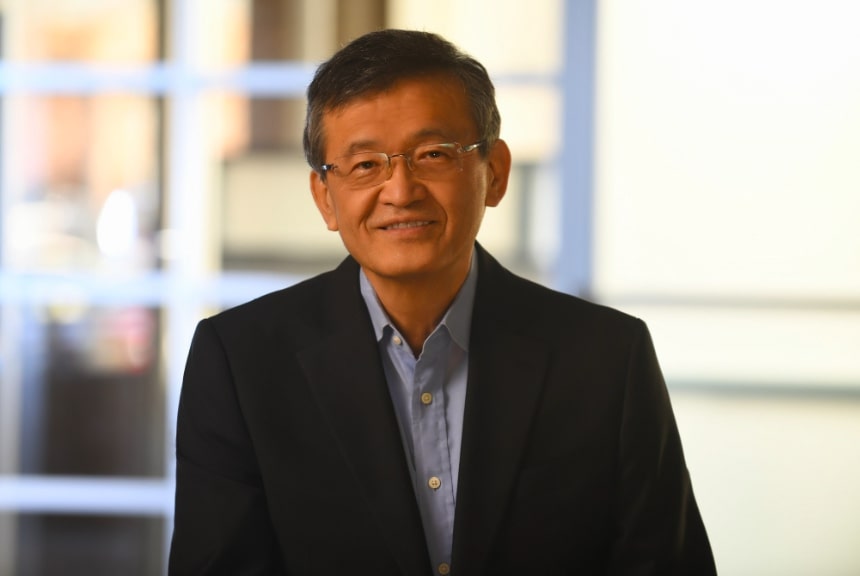
In his continuing barrage of trying to dictate terms to global leaders, including some in tech, Donald Trump has called for the resignation of Intel CEO Lip-Bu Tan, claiming the executive is ‘highly conflicted’ due to his financial and professional ties to Chinese technology companies. Posting on his social media platform, Truth Social, Trump demanded that Tan step down immediately, although he did not provide specific details to support his accusation.
The president’s remarks came just a day after Senator Tom Cotton sent a formal letter to Intel’s board, warning that Tan’s connections to China could pose a national security risk and undermine confidence in the company’s leadership at a time when US semiconductor independence is a top priority. Actually, at the center of the controversy are Tan’s previous investments and affiliations with Chinese firms, particularly in the semiconductor and AI sectors.
Notably, Tan has led several venture capital efforts in China, both personally and through his firm Walden International. Senator Cotton’s letter pointed to these ties, suggesting they may involve companies with links to China’s military or the Chinese Communist Party. The senator raised concerns about the potential influence such relationships could have over Intel’s strategic direction and decision-making, especially as the US government works to strengthen its domestic chip manufacturing through billions in federal subsidies.
Even Tan’s past role as CEO of Cadence Design Systems has also come under renewed scrutiny. The company recently admitted to violating US export control laws after sensitive software was transferred to a Chinese university known to be affiliated with China’s defense sector. Although the violations happened before Tan joined Intel, his role at Cadence raises doubts about his judgment and ability to handle national security concerns.
Meanwhile, Intel has not yet issued an official statement in response to Trump’s demand or Senator Cotton’s letter. However, the company’s stock dropped between 3-5% in pre-market trading following Trump’s remarks, as investors reacted to the growing political and regulatory pressure surrounding its leadership.
This major controversy comes at a time when Intel is already under pressure, as the company reported a net loss of $2.9 billion in its second-quarter (Q2) earnings for 2025. The loss was largely due to $1.9 billion in restructuring charges and nearly $1 billion in write-downs and impairment costs. Under the leadership of CEO Lip-Bu Tan, who took charge in March 2025 after Pat Gelsinger stepped down, the company witnessed a major overhaul (including fresh layoffs).
Last month (in July 2025), the Santa Clara-headquartered giant announced plans to lay off around 15% of its global workforce (~ 15,000 employees) and cancel several large-scale chip factory projects as part of a broader effort to cut costs and recover from ongoing financial struggles. The company also revealed plans to cut its workforce to about 75,000 by year-end, a drop of over 20% from the 96,400 employees reported in June 2025. These challenges become even more severe as Intel is already seen as lagging in the AI chip race, struggling to keep up with major rivals like Nvidia, TSMC, and AMD. The timing of this latest development is especially significant, as President Trump announced a 100% tariff on imported semiconductors, with exemptions granted only to companies that commit to manufacturing in the US.





